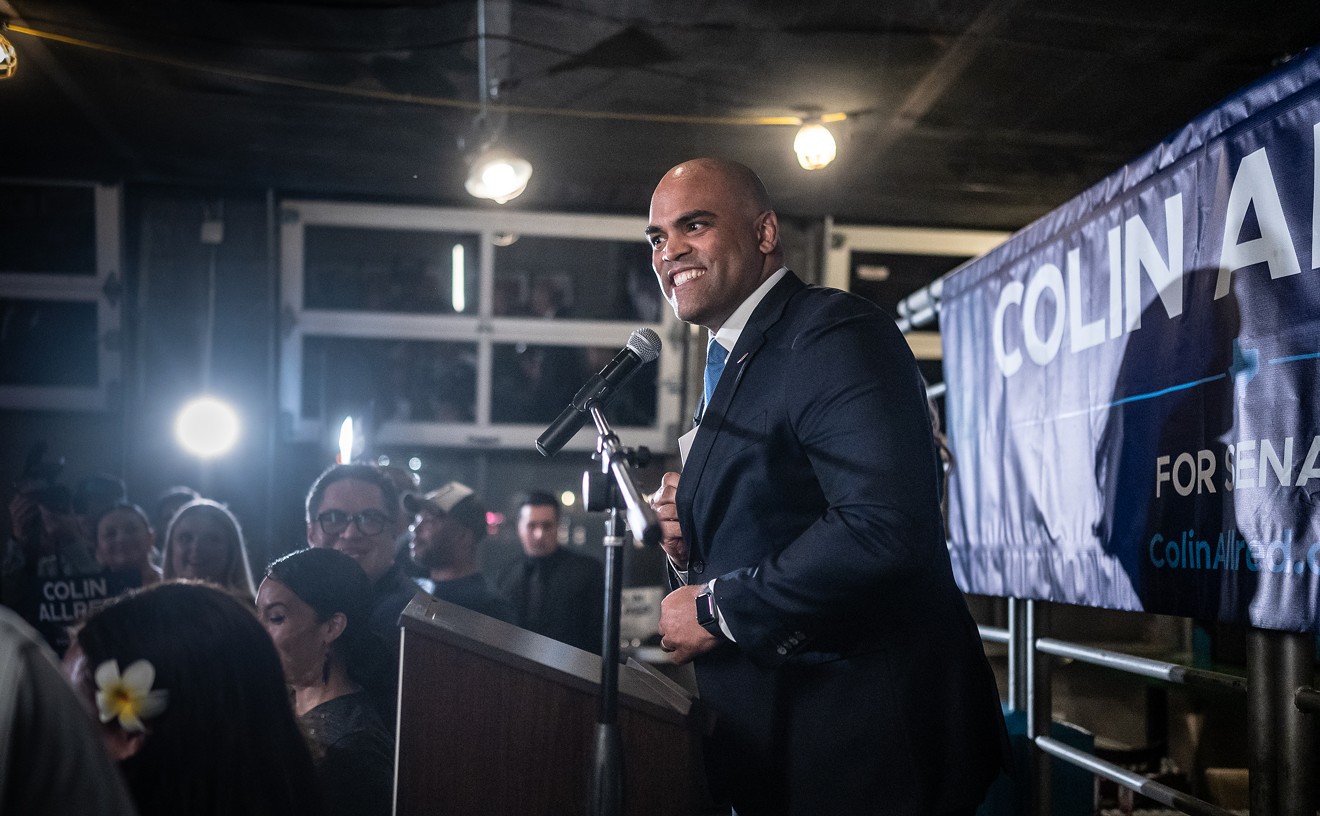Judge Monica Purdy cleared the way for short-term rental (STR) owners to continue operating, blocking the city from enforcing new zoning regulations that would have ostensibly banned Airbnb and VRBO rentals from operating in residential neighborhoods. Some estimates suggested that as many as 95% of the current STRs operating in Dallas would be outlawed.
The judge granted an injunction that she noted would “prevent imminent and irreparable harm” to the STR owners who have invested in their properties over the course of many years. Acknowledging political developments on the state level, the judge noted that the ban might violate HB 2127, the so-called "Death Star Bill," passed during the 88th Legislature that prohibits cities from enacting ordinances that conflict with state law.
Purdy continued to describe the problem she sees with the city’s ban in the ruling, stating: “These injuries are imminent because enforcement is set to begin within the next two weeks, and enforcement of the STR Ordinances will cause irreparable injury because violations of constitutional rights are inherently irreparable, and the destruction of a person's business (and therefore, livelihoods) is a sufficient and well-recognized justification for equitable relief.”
The zoning arrangement was approved by City Council in a June vote, which took place after more than three years of discussion in many forms. But a lawsuit against the city was filed by the Dallas Short-Term Rental Alliance in October. The judge granted the injunction so that the STR ban would not take effect before that case could be heard in court.
“We’re obviously feeling pretty happy that we can all continue to operate.” – Lisa Sievers, Dallas Short-Term Rental Alliance
tweet this
Proponents of the city’s rezoning plans saw the June vote as validation of their efforts to rid residential neighborhoods of party houses and the problems that many of them have brought. Incidents involving crime, traffic congestion, increased trash, noisy disruptions and more have plagued certain areas as STR properties have continued to proliferate. By determining that an STR was a hotel, or a business, and not a residence, the city was set to rid itself of thousands of rental properties that had been operating for many years with little regulation or oversight.
Dallas resident Olive Talley, a vocal opponent of STRs in residential neighborhoods as a member of the Dallas chapter of the Texas Neighborhood Coalition, isn’t happy about the injunction, but she is hopeful for what might happen in 2024.
“While I’m grateful for the judge’s attention to this case, I am disappointed and completely disagree with her ruling to enjoin the city from enforcing its ordinances that restrict short-term rental businesses from residential zoning,” she said in an email to the Observer, speaking for herself and not for the Coalition. “This was passed by a large majority of council after more than three years of study and testimony by residents."
Talley also noted that Arlington has seen its restrictions on STRs upheld by the courts in recent years.
Lisa Sievers, a Dallas short-term rental host, has been active in this cause a number of ways over the past few years as Dallas has tried to decide what it should do about such properties. She’s continued to accept booking at both of her rental properties, and she’s encouraged that she can continue to do so past December 13 now.
“We’re obviously feeling pretty happy that we can all continue to operate,” Sievers said over the phone on Wednesday. “After all, over 90% of us have proven over and over again, according to the city’s own data, that most of us don’t get any 911 or 311 calls. Also, a great deal of us have been paying HOT [hotel occupancy tax] since 2019, so for the city to come back and say “sorry, you have to go away now,’ was not a fair solution.”
The city can appeal the ruling, but isn’t yet ready to say exactly what its move will be.
“The City is considering its options regarding appeal of the temporary injunction,” an emailed statement to the Observer read in part. “In the meantime, the City will continue enforcement of its existing ordinances governing minimum property standards, disturbing noises, and private nuisances.”












